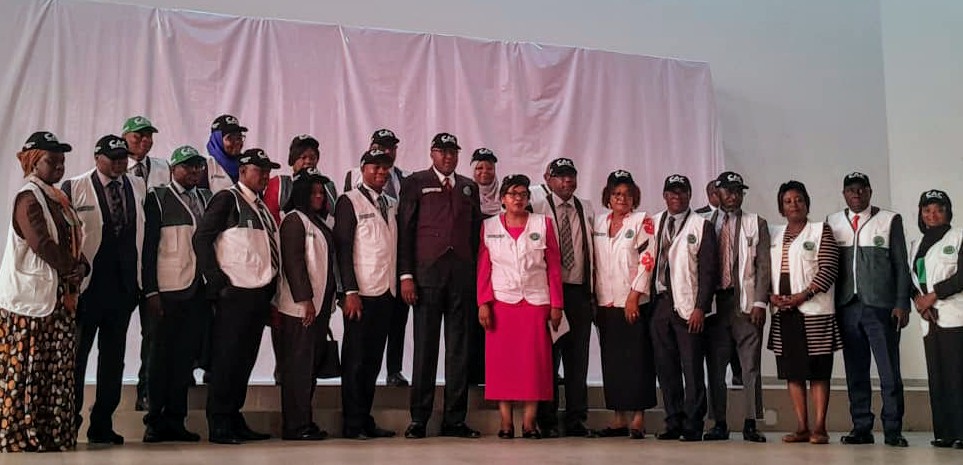IPMAN to enforce fuel pump integrity at filling stations
IPMAN
By Stanley Nwanosike
The Independent Petroleum Marketers Association of Nigeria (IPMAN) says it will safeguard fuel pump integrity at filling stations by tackling cheating and related malpractices.
Chairman of IPMAN Enugu Unit, Chief Chinedu Anyaso, disclosed this on Sunday in Enugu shortly after the association’s 2025 Annual General Meeting (AGM).
The Enugu Unit of IPMAN covers independent petroleum marketers in Enugu, Anambra and Ebonyi States, as well as parts of Abia, Imo, Kogi and Cross River States.
Anyaso said members unanimously agreed at the AGM to uphold the integrity of fuel pumps to ensure Nigerians received value for their money.
He stressed that IPMAN was committed to maintaining its reputation for service and product excellence, adding: “IPMAN resolved and planned to set up a task force to ensure compliance of all members to fuel pump integrity.”
According to him, the task force will be inaugurated in September and will operate through dedicated teams in each state under the unit.
“In order to sanitise the system and ensure that the reputation of IPMAN and our members’ fuel stations are maintained; the members during the AGM unanimously agreed that fuel pump cheating and malpractice must be stopped.
“IPMAN will set up a daily mandate task force soon, while the association’s members collectively agreed on a heavy monetary fine as well as sanction for any defaulting fuel station owned by any member,” he said.
He noted that the association had resolved to be firm in dealing with the menace through its own internal disciplinary mechanism; just as the association eradicated stocking bad fuel.
The chairman said that IPMAN Enugu Unit also appreciated the strides of various governors and state governments on development especially road and security infrastructure in the unit’s states of coverage.
“We are encouraged by the governors’ commitment to continue to create a conducive business environment and to ensure smooth road corridors for fuel products to get to all nooks and crannies of the unit,” he said.
Anyaso noted that the members unanimously agreed that it would again write Gov. Chukwuma Soludo of Anambra on the issue of IGR of fuel stations in Anambra.
“We commend him for the discussion so far; however, we are calling all involved to come to a round table and resolve their differences and come to an amicable compromise for the benefit of all,” he said.
The chairman said that members also resolved to write to Gov. Soludo again on the over N900 million debt owed IPMAN members who supplied diesel for the running of streetlights in the state.
The chairman noted that members also deliberated on welfare issues, better ways of lifting petrol products and how to participate in the Dangote Direct Sales and Delivery Scheme as well as JEZCO Oil and Gas offer to assist members.
The meeting also featured presentations by the Federal Inland Revenue Service on electronic tax filing, and by TradeGrid Limited on facilitating petroleum products lifting and installing solar power in fuel stations, among other topics. (NAN) (www.nannews.ng)
Edited by Kevin Okunzuwa








